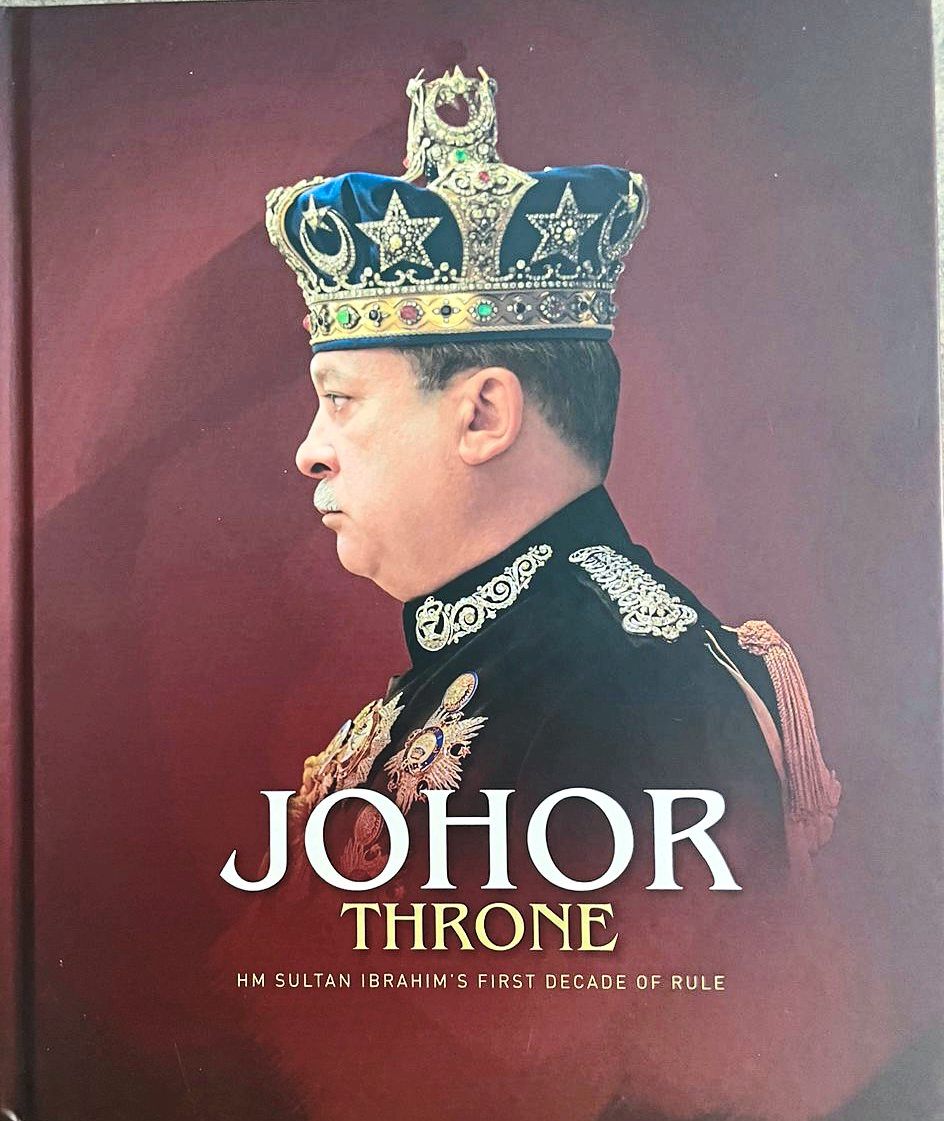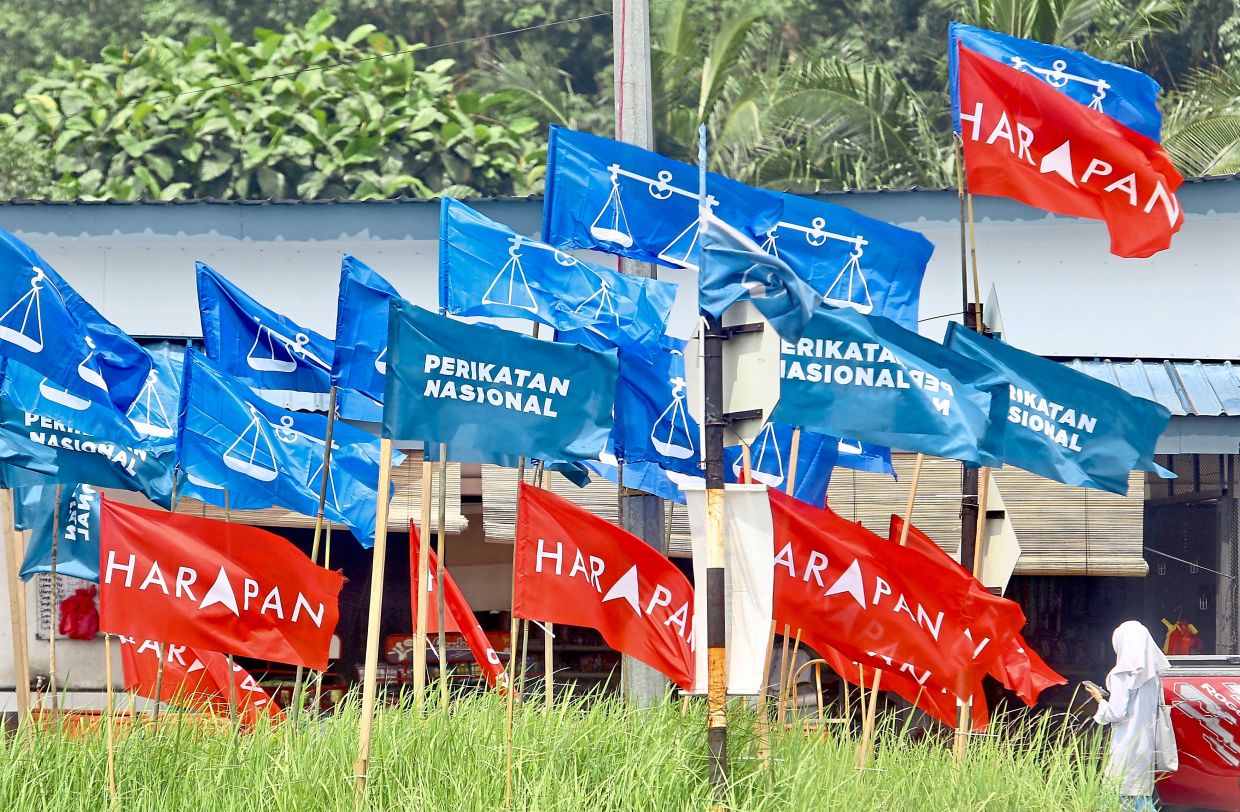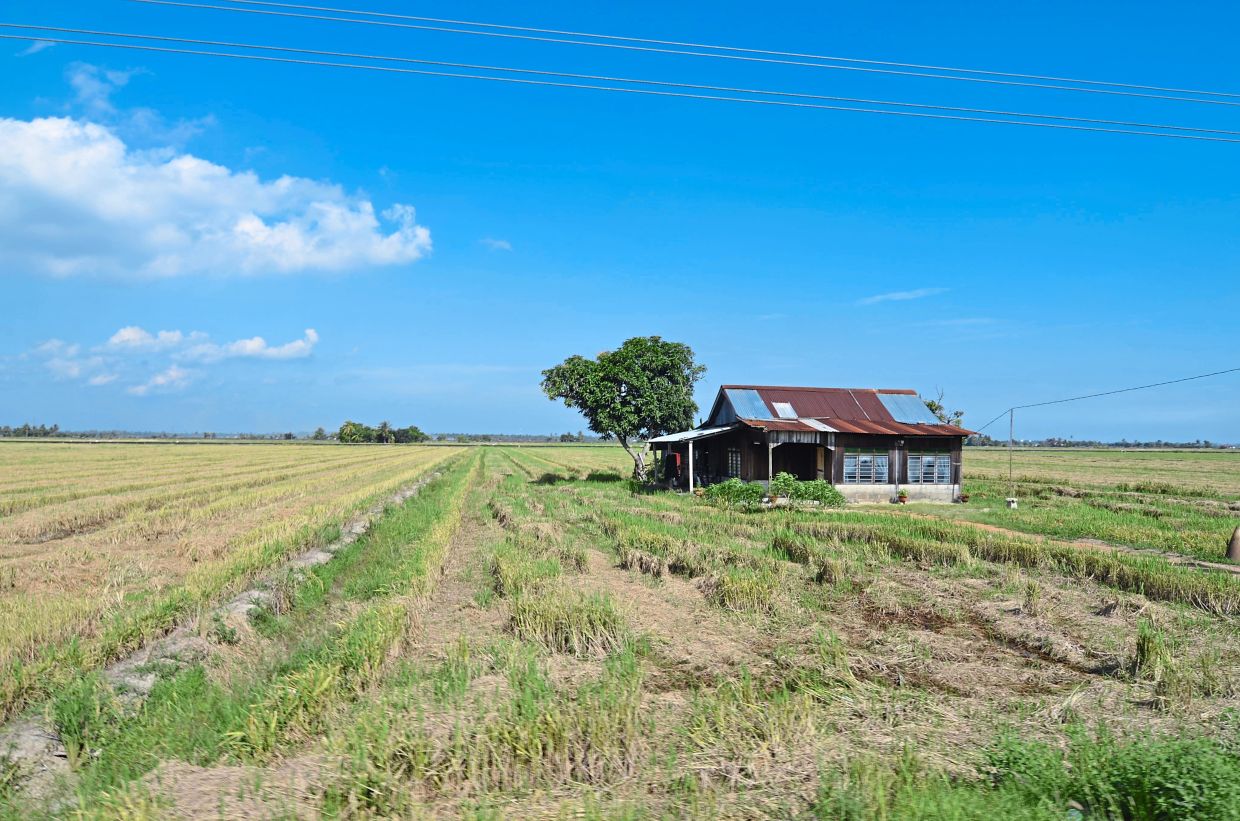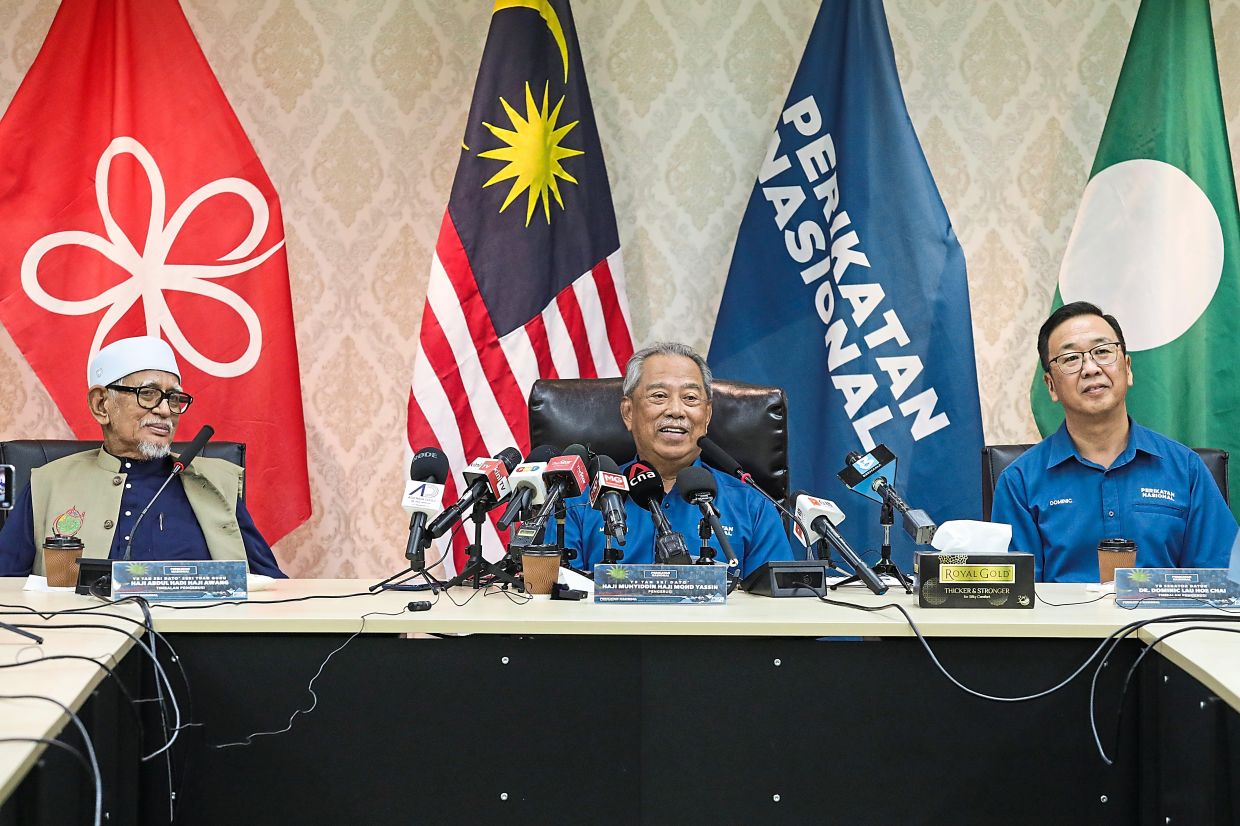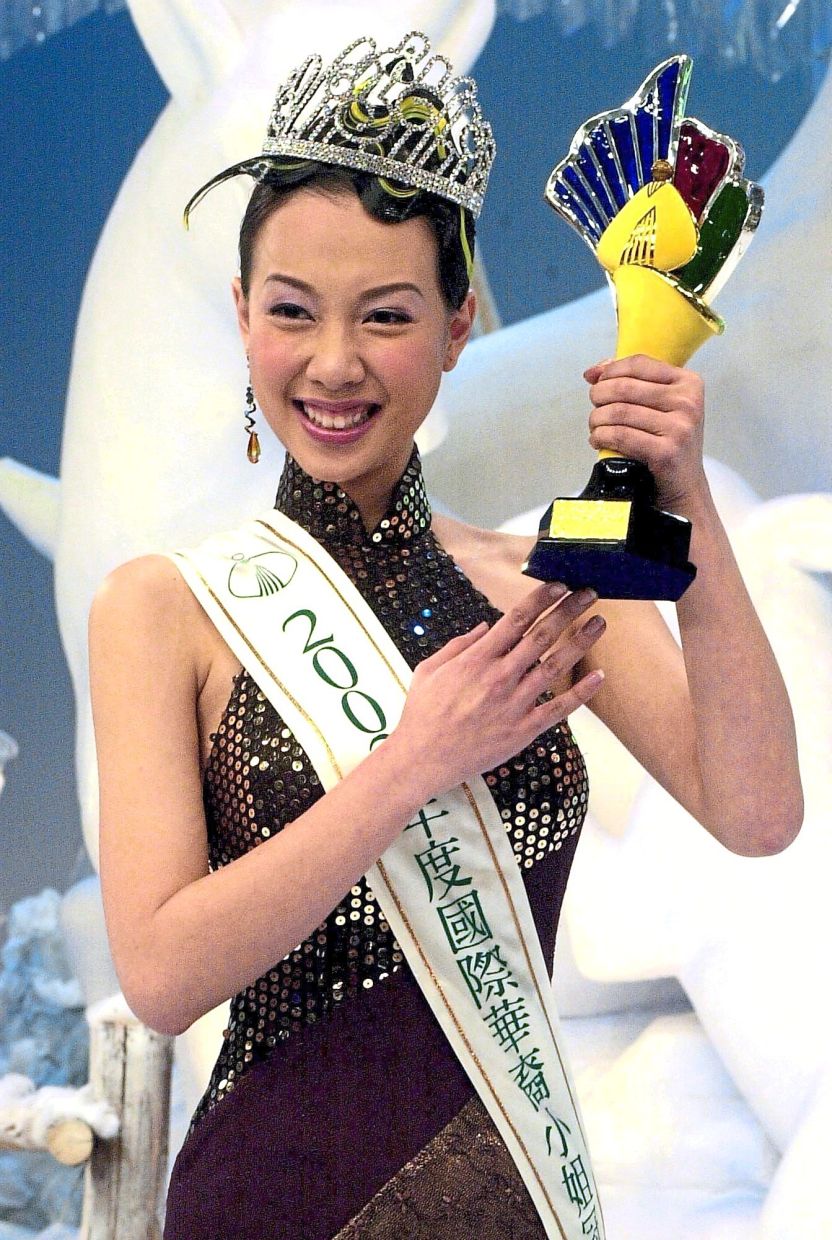IT’S clear-cut attempted murder against outspoken activist-lawyer Siti Kasim.
Certainly, it is a matter to be taken seriously.
While we don’t expect everyone to share or even tolerate her views on certain issues relating to religion, planting a bomb on her car is more just a criminal action as it is an extreme terrorism reaction.
Every right-minded Malaysian should condemn this despicable and shameful act.
The police must be commended for their swift action, responding immediately to her reports that a suspicious-looking device was found on her car. There were sceptical reactions to her social media posts earlier, but Siti Kasim did right by bringing it up on social media.
Yesterday, the police called her up again for more information to assist them in their investigations.
While we understand that our politicians are focusing their attention on the six state elections now, we expect them to condemn the cowardly action of those who want to do away with Siti Kasim.
Most young Malaysians may not be aware but in 2000, Lunas state assemblyman Dr Joe Fernandez was shot dead in Bukit Mertajam, Penang.
Many believed it was an act of terrorism, although an open verdict was declared.
Eight years after the incident, the coroner’s court ruled that his assassination had nothing to do with business, political or personal reasons.
It became a cold case and sadly, it has been forgotten.
But earlier, there was plenty of suspicion that the killing was carried out by Kumpulan Mujahiddin Malaysia (KMM), as the police then said.
Eight individuals, including a PAS leader, were arrested under the Internal Security Act for their involvement in KMM.
There were unsubstantiated accusations that Dr Fernandez had been involved in the proselytisation of Muslims.
Till now, no one has any clear idea why the MIC leader’s life was cut short and who his real enemies were, as no one has ever been charged.
In the case of Siti Kasim, it is no secret that she has openly condemned those who push their religious interpretations.
She has expressed fears that the liberal lifestyle of Malaysians and tide of increasing religious conservatism and intolerance will get worse if we do not speak up.
Siti Kasim has also defended the rights of Orang Asli on land and logging encroachment issues.
She had her car serviced because she was planning to drive to Kelantan to meet some Orang Asli.
Her compassion for these indigenous peoples are well-known and many weekends are spent in uncomfortable settings as she believes in fighting for their cause.
Most times, she digs into her pocket and seeks support from friends and associates to help these marginalised Malaysians.
Many lawyers would rather play golf during the weekends than to be in the jungle.
Call her idealistic, a simpleton, uncouth or even a loudmouth, but Siti Kasim is a rare breed.
Not many Malaysians dare to speak up for the rest of us.
She is undoubtedly unusual, and surely, planting a bomb would not shut her up.
There is no money to be earned defending transgender people or others living on the fringes of society, but these are real human beings.
They exist and they are Malaysians too, even if we do not agree with their practices.
The attempted murder may have rattled her, but Siti Kasim has the support of many of us.
Indeed, 55 groups representing diverse interests ranging from consumer rights to student unions wasted no time in issuing a joint statement, saying that they are standing in solidarity with her.


